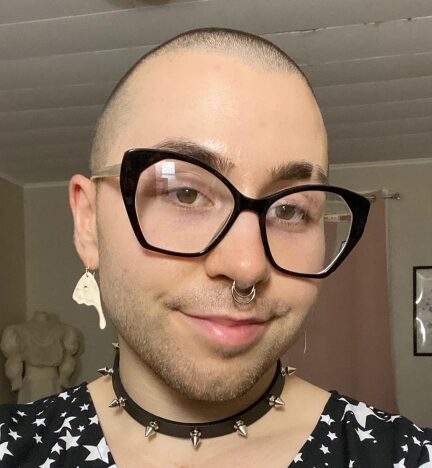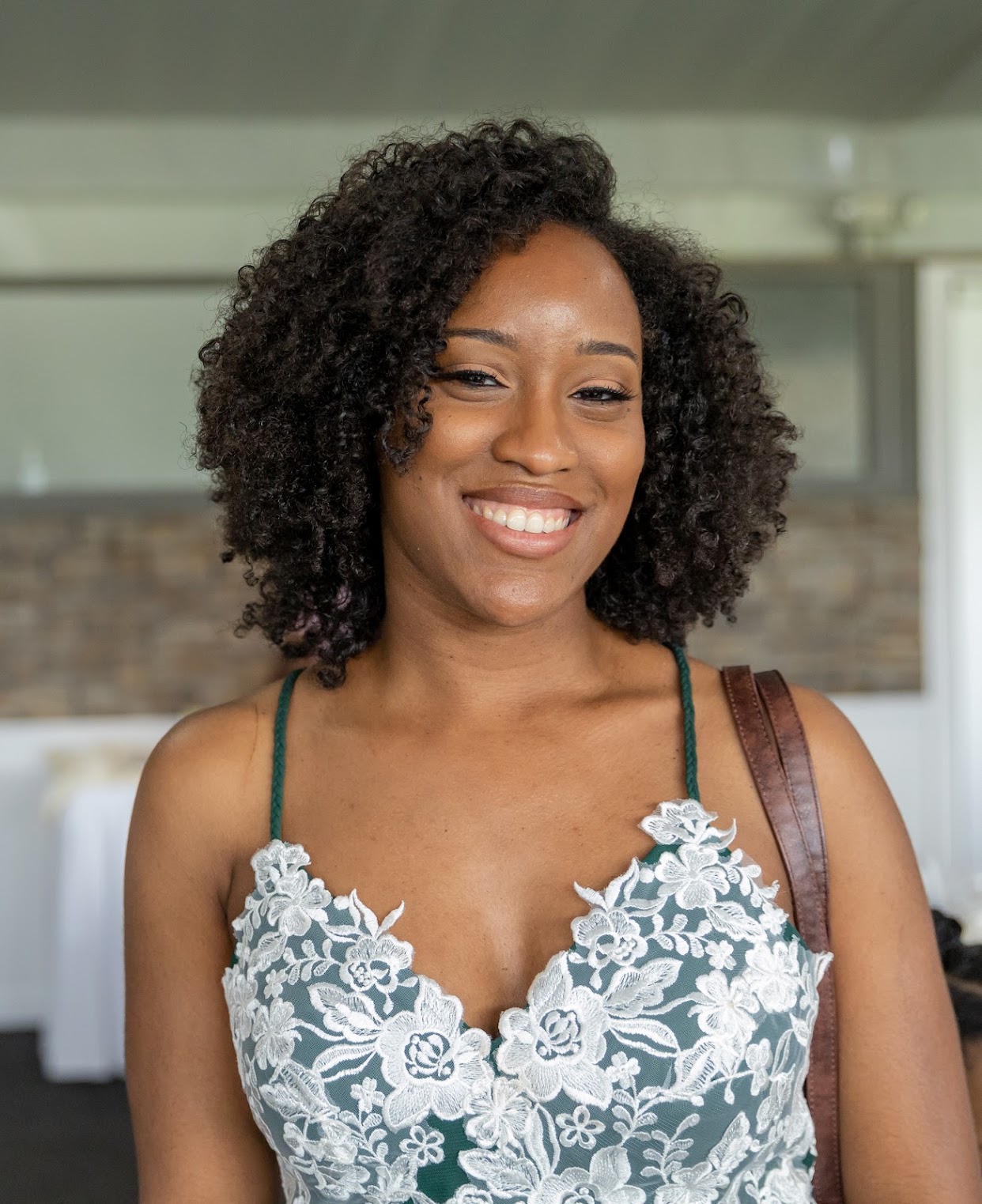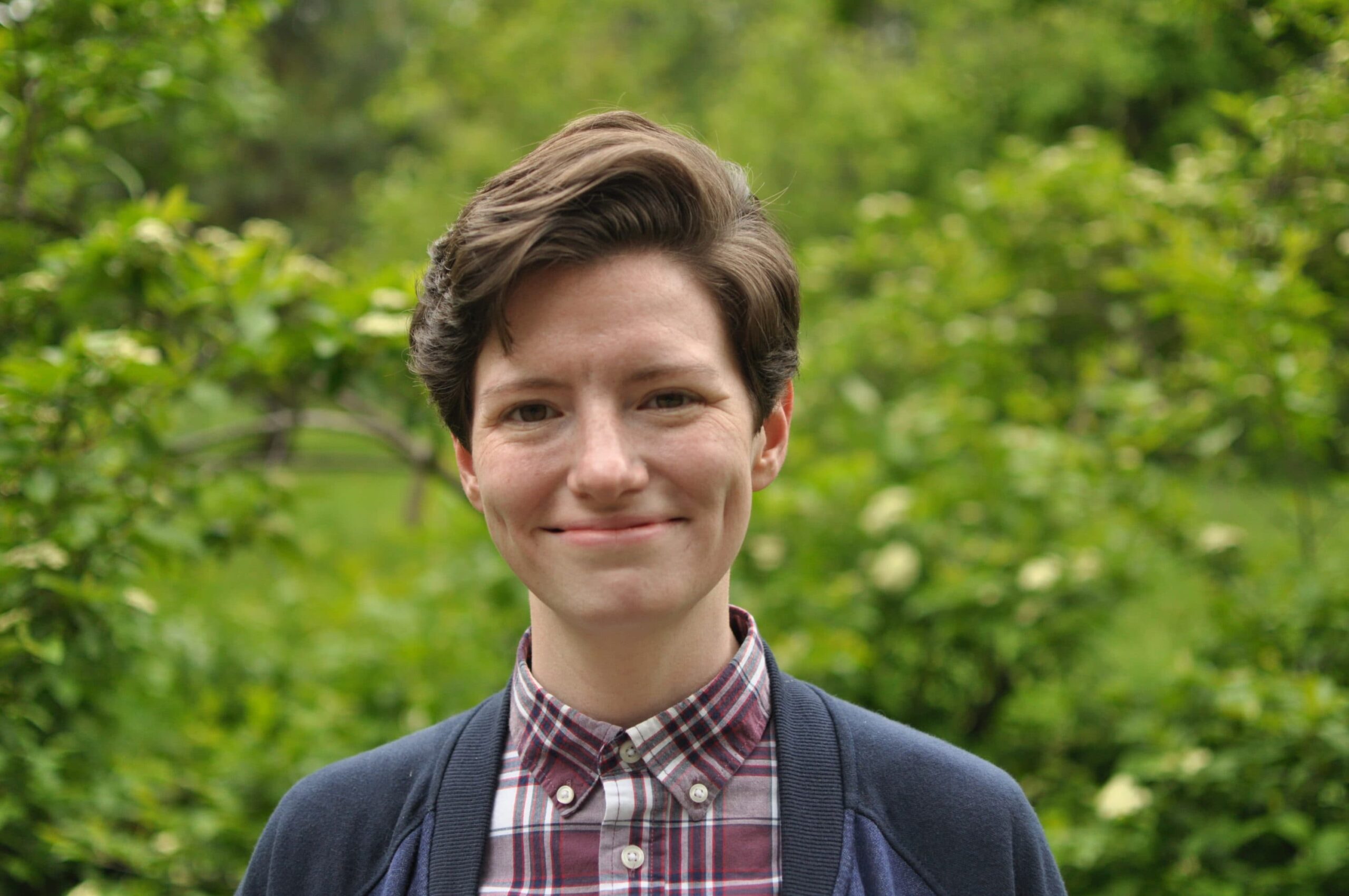
by Michele Kirichanskaya | Sep 11, 2024 | Blog
Robin Gow is a trans and queer poet, editor, and educator from rural Pennsylvania. Their books include Ode to My First Car, A Million Quiet Revolutions, and Blue Blood. They are the supportive services coordinator at Bradbury-Sullivan LGBT Community Center in...

by Michele Kirichanskaya | Aug 23, 2023 | Blog
Ciera Burch is a lifelong writer and ice cream aficionado. She has a BA from American University and an MFA from Emerson College. Her fiction has appeared in The American Literary Magazine, Underground, the art and literary journal of Georgia State University, Stork,...

by Michele Kirichanskaya | Jul 26, 2023 | Blog
Lin Thompson (they/them) is a queer author of books for middle-grade readers. Lin grew up playing pretend games in the backyard and basement of their home in Kentucky. Now they get to write pretend stories in the backyard and basement of their home in Des Moines, IA,...




